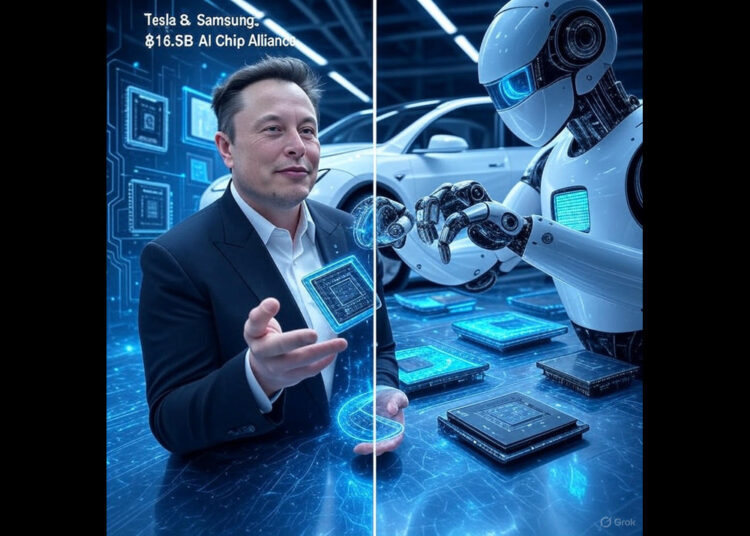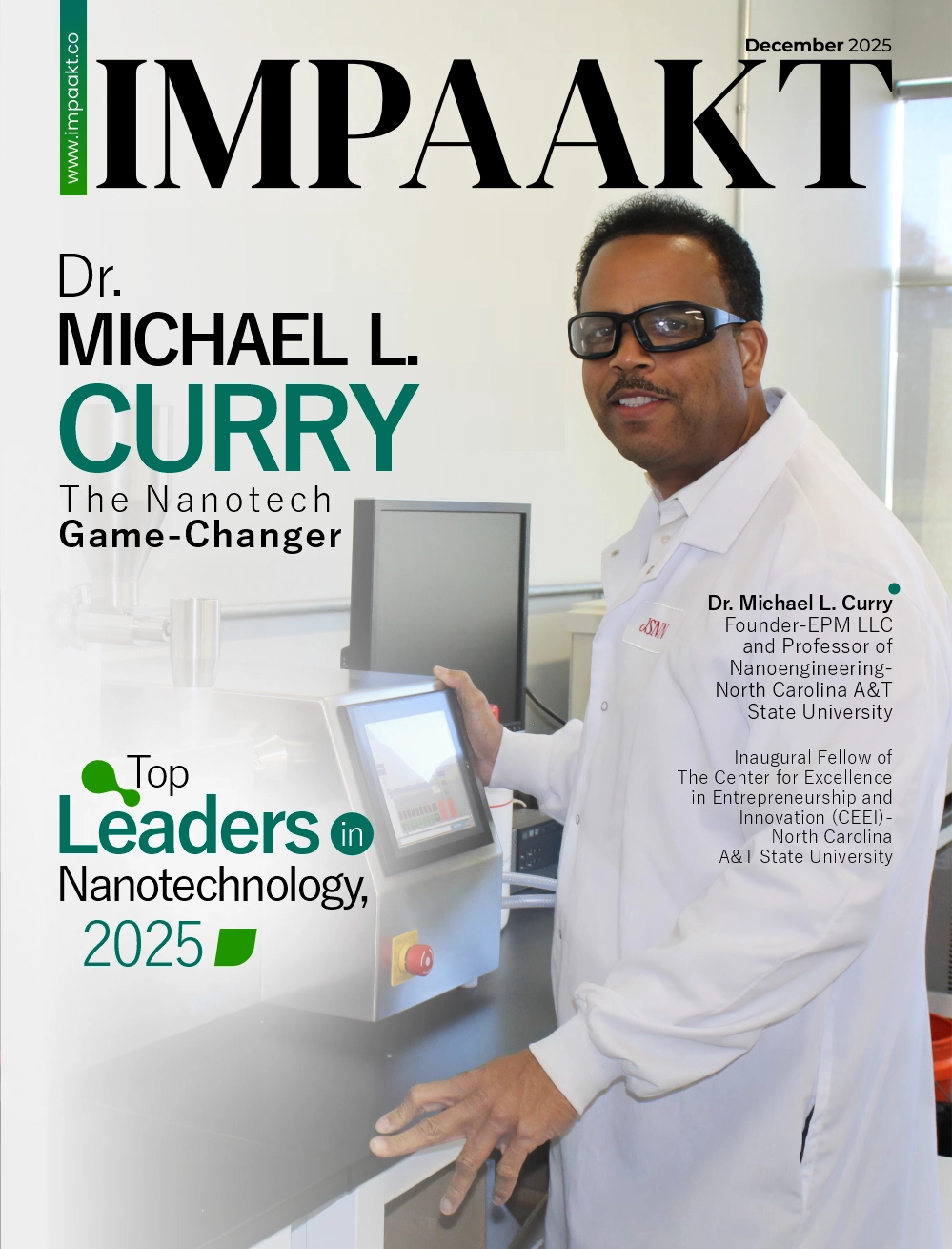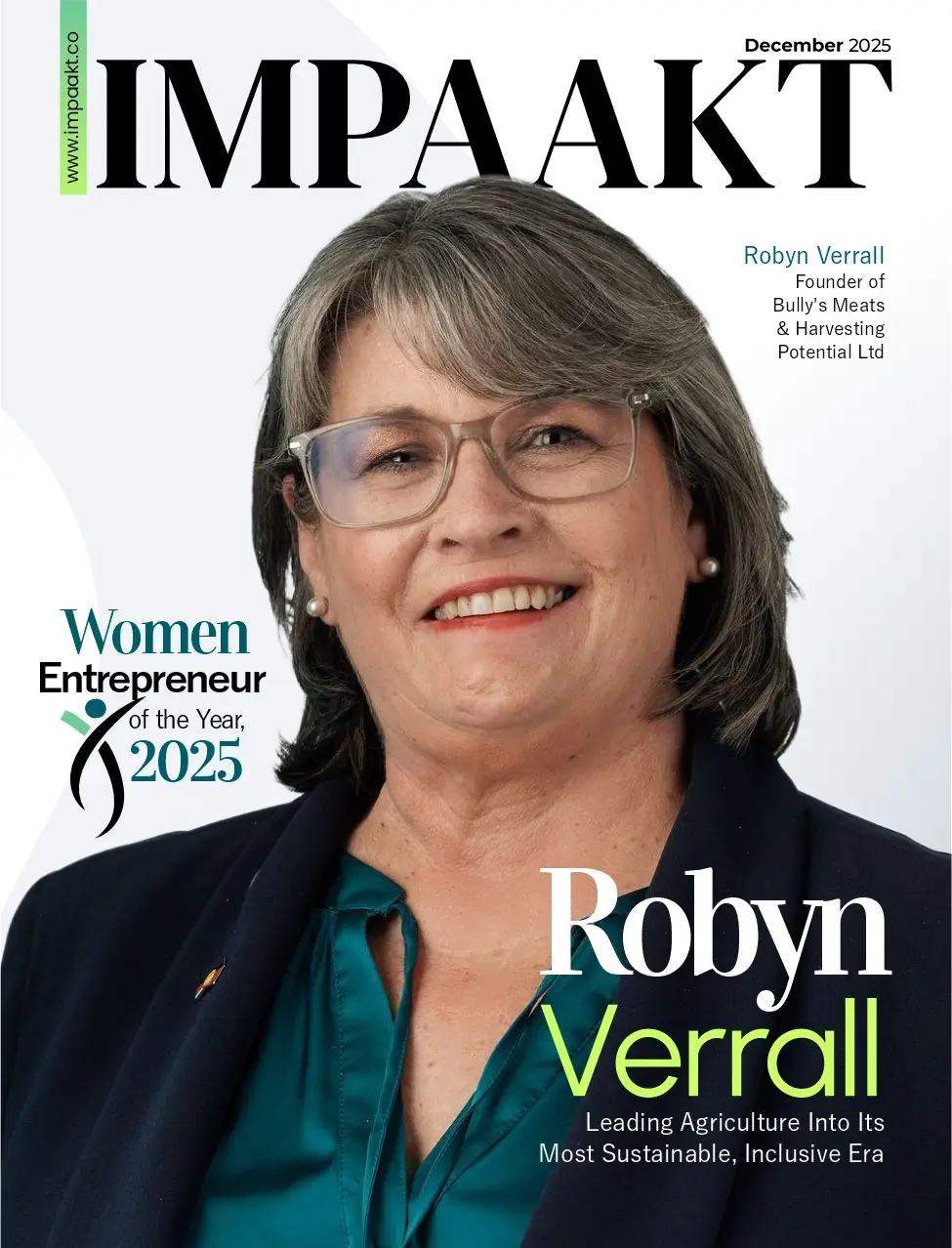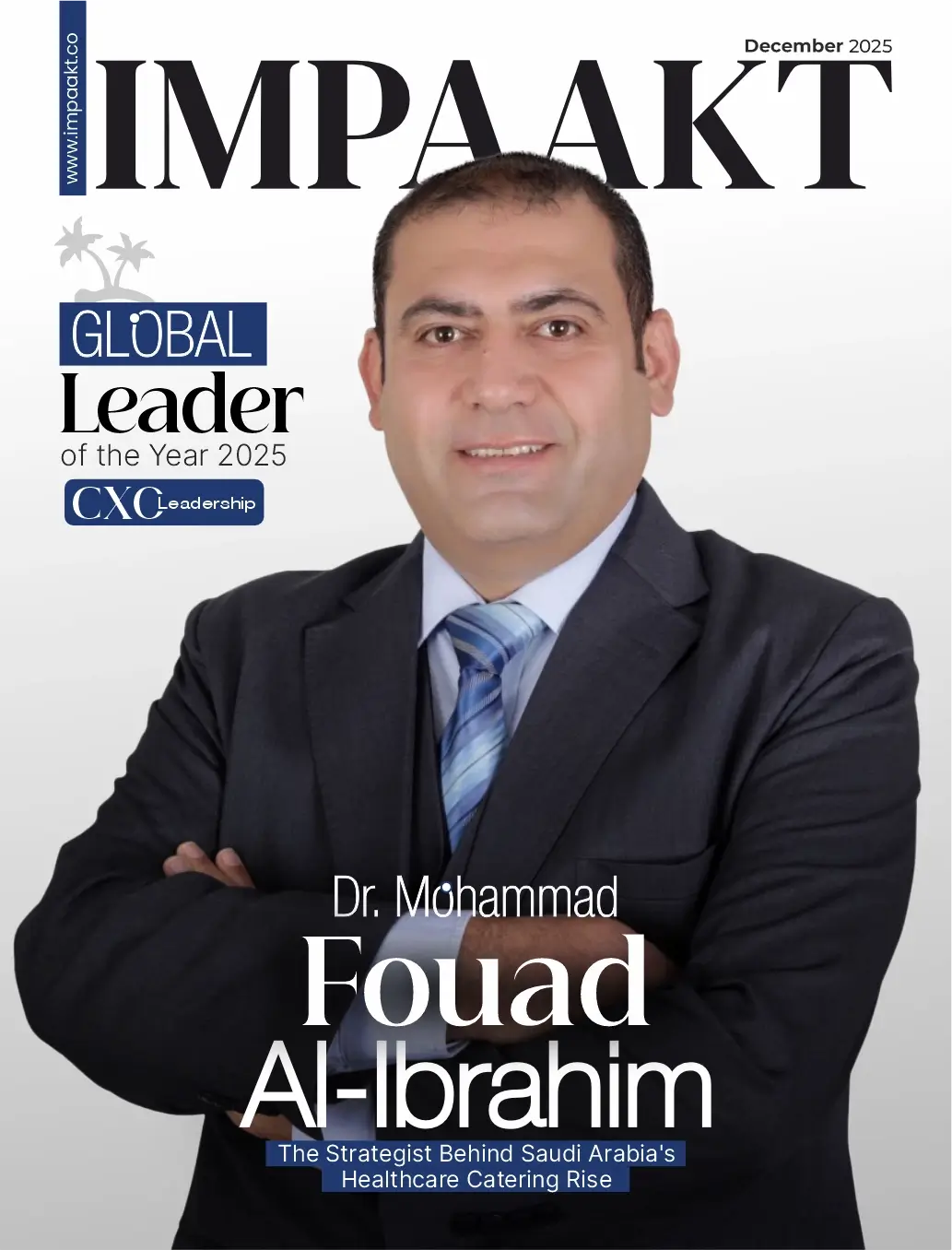SEOUL, July 28 (Reuters) – Tesla (NASDAQ: TSLA) CEO Elon Musk has revealed that the electric vehicle giant has entered a massive $16.5 billion chip supply agreement with Samsung Electronics. The decade-long deal, running through 2033, is expected to significantly bolster Samsung’s struggling contract manufacturing business while powering Tesla’s next-generation AI chip development.
Samsung’s shares surged over 4% following the announcement. “Samsung’s giant new Texas fab will be dedicated to making Tesla’s next-generation AI6 chip. The strategic importance of this is hard to overstate,” Musk shared on X (formerly Twitter).
Samsung’s Texas Fab to Build Tesla’s AI6 Chip
The new agreement centers on Samsung’s upcoming manufacturing plant in Taylor, Texas, which will be responsible for producing Tesla’s AI6 chip—a critical component for the automaker’s autonomous driving and AI-powered vehicles.
Musk highlighted the collaborative nature of the deal, stating that Tesla will actively assist Samsung in optimizing manufacturing processes. “Samsung agreed to allow Tesla to help maximize efficiency. I will personally walk the line to accelerate progress. Conveniently, the fab is not far from my house,” Musk added.
Although Samsung had previously disclosed the deal without revealing the client, three sources confirmed to Reuters that Tesla was indeed the customer.
Samsung’s AI Chip Market Challenges
This strategic partnership comes at a time when Samsung is facing intensified competition in the semiconductor market, particularly in the race to produce artificial intelligence chips. Rivals like TSMC and SK Hynix have been capturing larger shares of the advanced chip market, causing Samsung’s profits and stock performance to decline.
Pak Yuak, an analyst at Kiwoom Securities, estimated that Samsung’s foundry business suffered losses exceeding 5 trillion won ($3.63 billion) in the first half of the year. Analysts attribute this to major clients, including Apple, Nvidia, and Qualcomm, moving their orders to TSMC, which currently leads in advanced chip manufacturing capabilities.
Despite being the world’s largest memory chip maker, Samsung’s foundry division has struggled to master cutting-edge processes, particularly 2-nanometer technology. Industry experts believe Tesla’s order is unlikely to involve these advanced nodes but will still provide much-needed relief to Samsung’s foundry operations.
Strategic Importance for South Korea and U.S. Trade Relations
The Tesla-Samsung alliance holds broader geopolitical significance as well. South Korea has been actively seeking stronger chip and shipbuilding partnerships with the United States. This deal may help Seoul’s efforts to negotiate favorable trade terms and avoid potential 25% U.S. tariffs.
Furthermore, analysts see this partnership as a potential revival of Samsung’s delayed Taylor plant project, which had faced setbacks due to its struggle to secure high-profile clients.
Market Impact and Future Outlook
The news of the $16.5 billion deal immediately boosted Samsung’s share price, reflecting investor optimism about the foundry business’s turnaround potential. Industry observers believe that while this order alone won’t close the technology gap with TSMC, it marks an important step toward regaining competitiveness.
“Samsung needs major customers to revive its foundry operations, and Tesla’s commitment provides that,” said Lee Min-hee, analyst at BNK Investment & Securities. “However, mastering advanced technology remains essential to attracting leading tech firms like Apple and Nvidia.”
As Tesla continues to scale its autonomous and AI-driven vehicle programs, securing a stable, high-volume chip supplier is critical. The partnership also strengthens Musk’s ties with South Korea, reinforcing a broader trend of collaboration between global automakers and Asian semiconductor firms to meet growing AI demands.
Read more groundbreaking business stories like this on IMPAAKT, a top business magazine for leaders and innovators.











